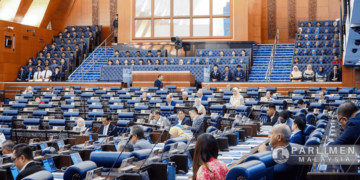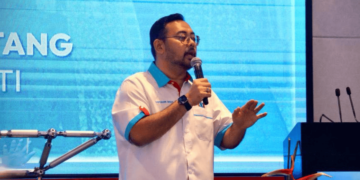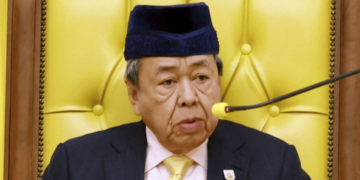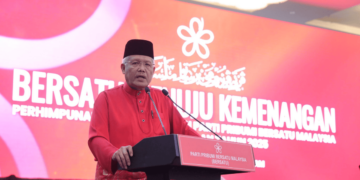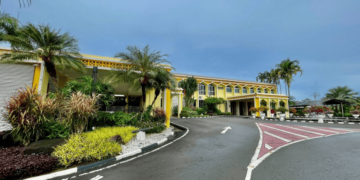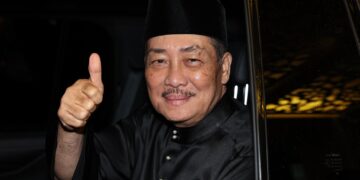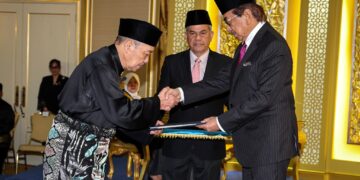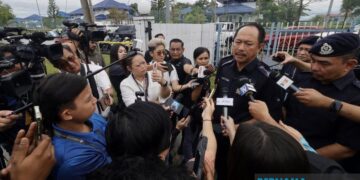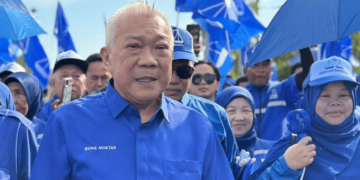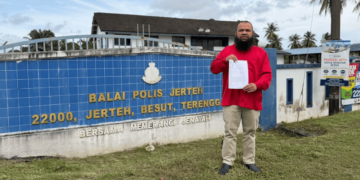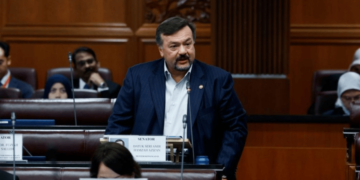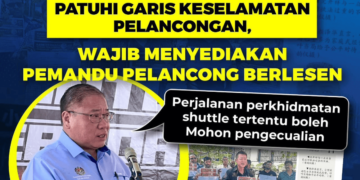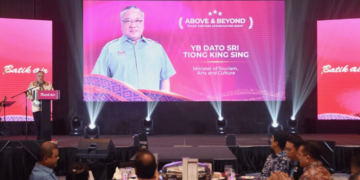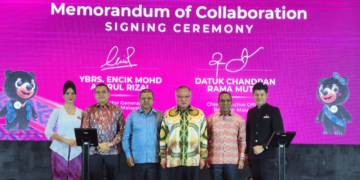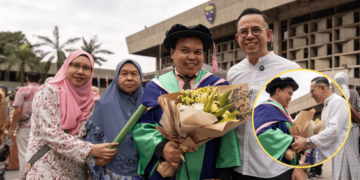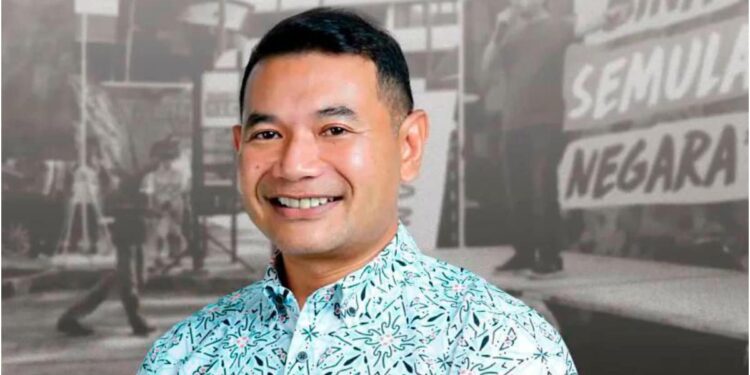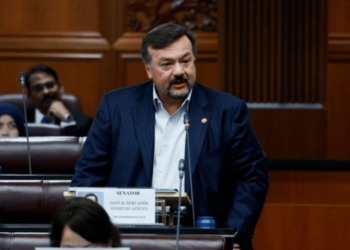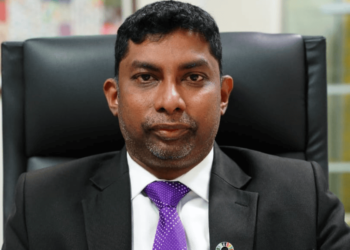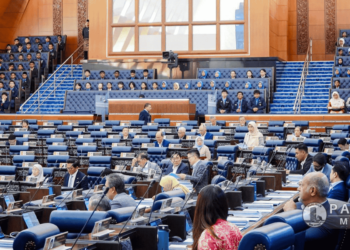KUALA LUMPUR – In a bold move that reflects both personal conviction and democratic principle, Economy Minister Rafizi Ramli has officially tendered his resignation from the Cabinet, effective 17 June 2025. The announcement, made via a media statement today, marks a significant shift in Malaysia’s political landscape and a moment of introspection for the reformist agenda he once championed.
Rafizi, who has long positioned himself as a torchbearer of a “new politics” grounded in accountability and people’s mandate, said his departure stems from his recent defeat in the Parti Keadilan Rakyat (PKR) internal elections, a loss that, in his words, stripped him of the legitimacy to continue translating the party’s reformist vision into government policy.
“In line with practices in mature democracies, leaders who lose party mandates should make way for those who win,” he stated firmly.
From today until his official departure, Rafizi will be on annual leave, spending his final days in the office away from Putrajaya, but not without ensuring that his final contributions are firmly in place.
Chief among these is the completion of the 13th Malaysia Plan (RMK13), the country’s blueprint for socioeconomic development over the next five years. Rafizi described it as his “final trust” as Minister of Economy, noting that RMK13 introduces bold structural reforms, particularly in the education sector. He urged the Cabinet to uphold these reforms, even in his absence.
Throughout his tenure, Rafizi was widely credited with infusing policy debates with data-driven analysis and unflinching political candour. His economic stewardship, while not without controversy, was marked by efforts to shift Malaysia toward a high-income economy through long-term structural changes.
“I’ve seen first-hand the capability and dedication of our civil servants,” he said, expressing confidence that the Ministry of Economy would continue driving its programmes forward.
Rafizi’s resignation comes at a delicate time for the Unity Government, as Malaysia prepares to table RMK13 and advance its economic resilience in a rapidly evolving regional and global landscape.
His exit, though graceful, leaves behind a vacuum in a portfolio central to Malaysia’s recovery and transformation plans. It also reignites broader questions about leadership renewal, party democracy, and the cost of political principle in a system that often prioritises survival over sacrifice.
In parting, Rafizi thanked Malaysians, civil servants, the media, private sector, and all stakeholders for their support throughout his time in government.
“The journey to transform our economy is far from over. We must continue making difficult but necessary decisions for the sake of future generations,” he said. -MalayaDailyToday


